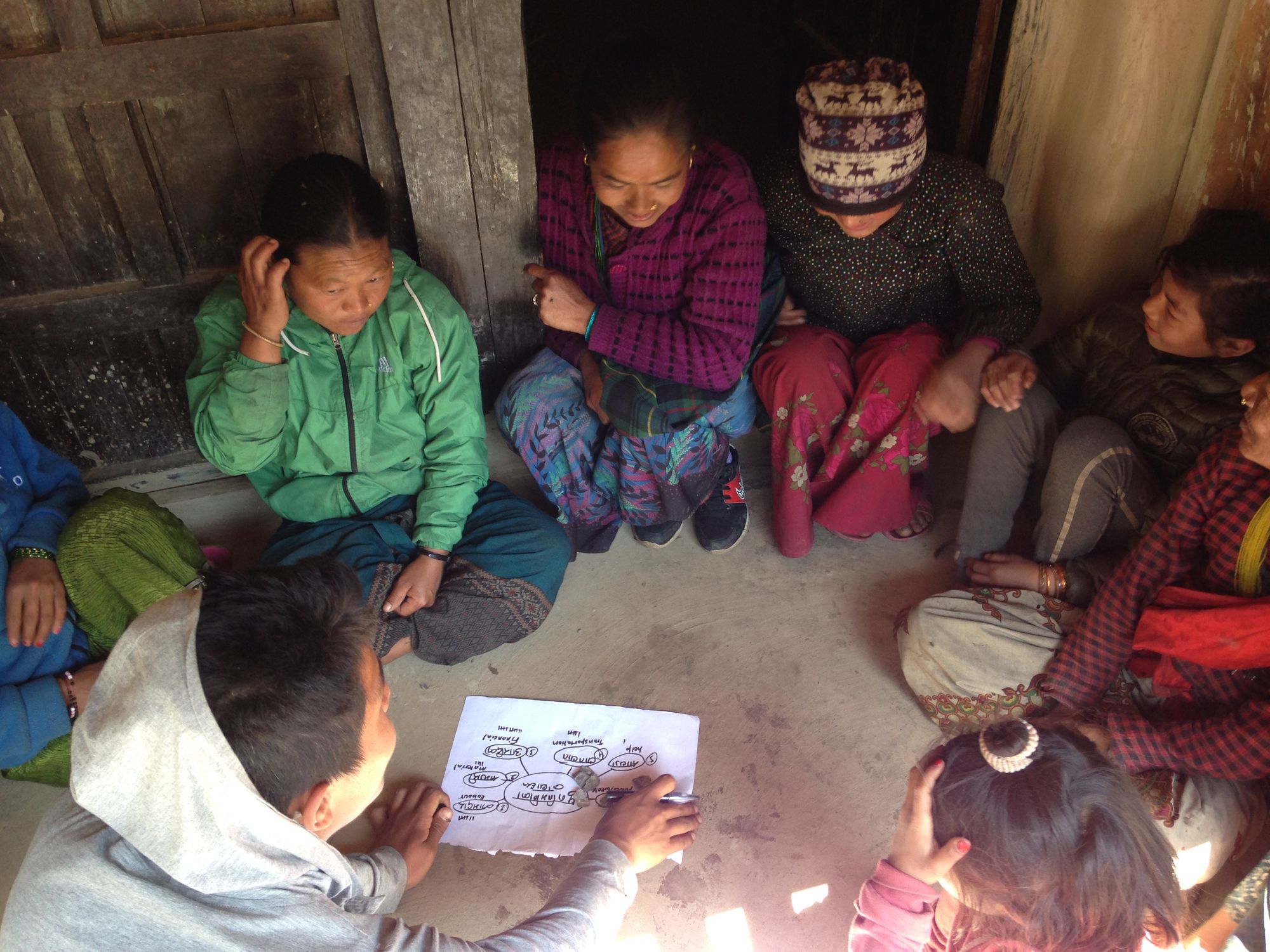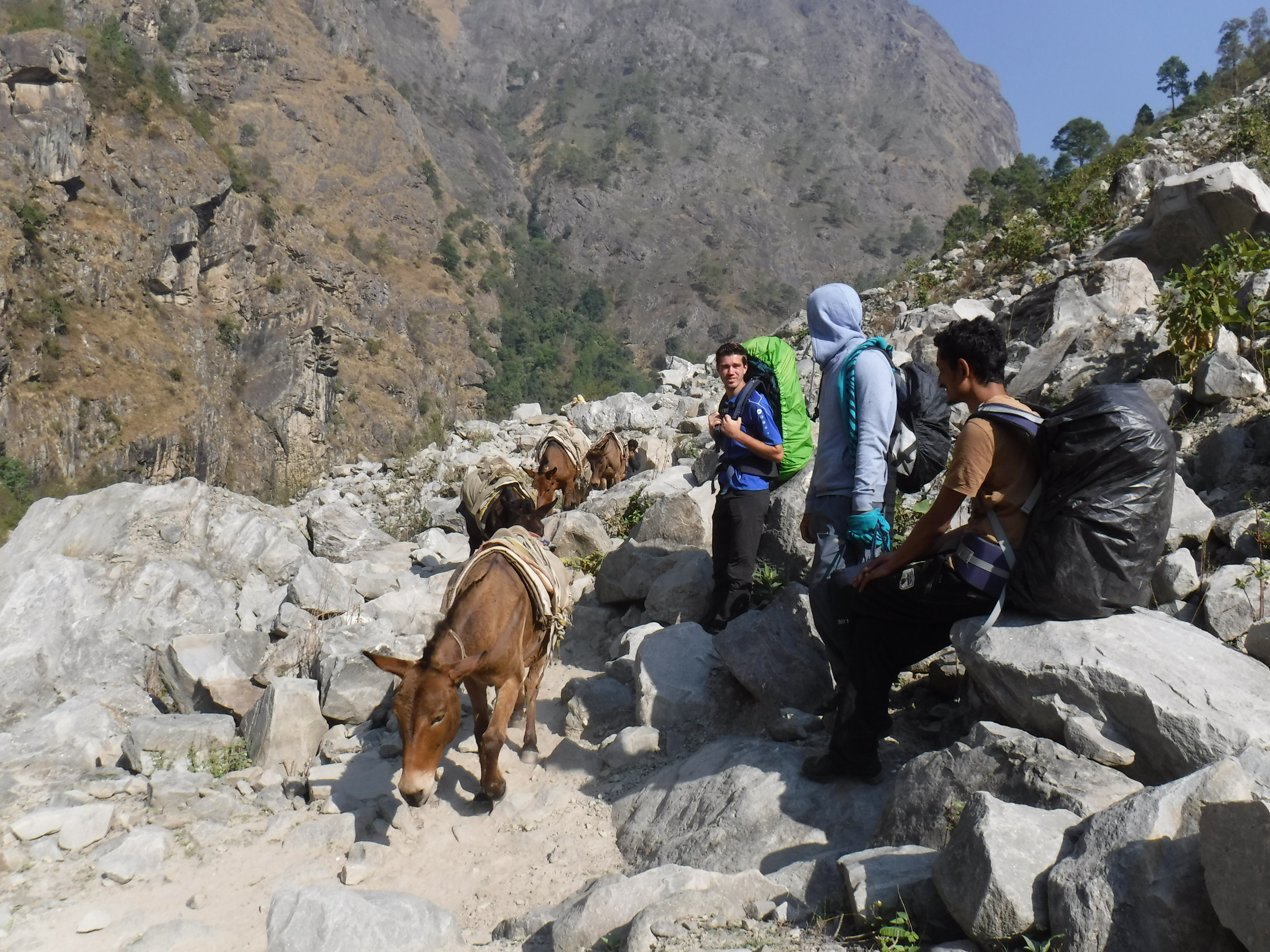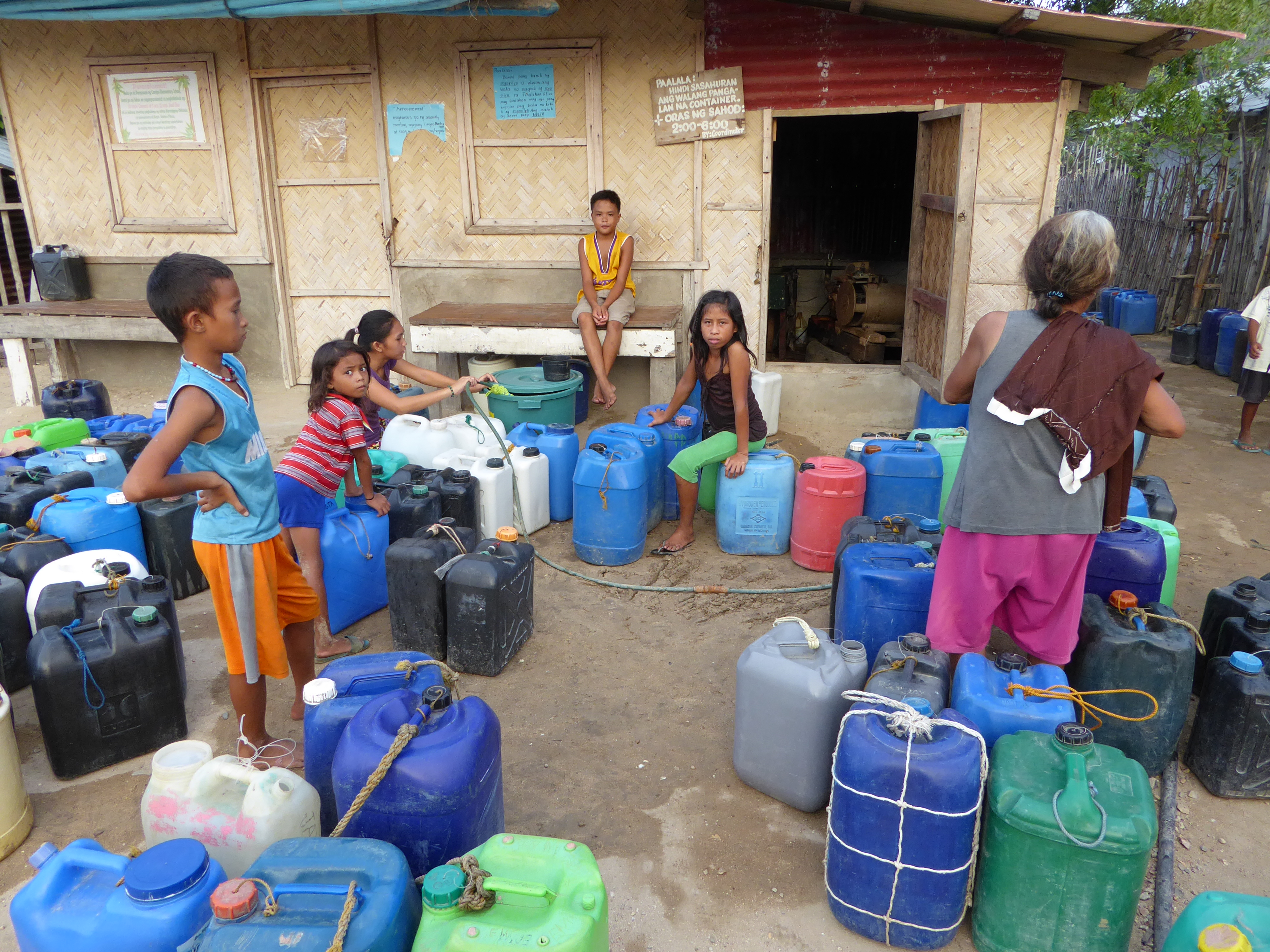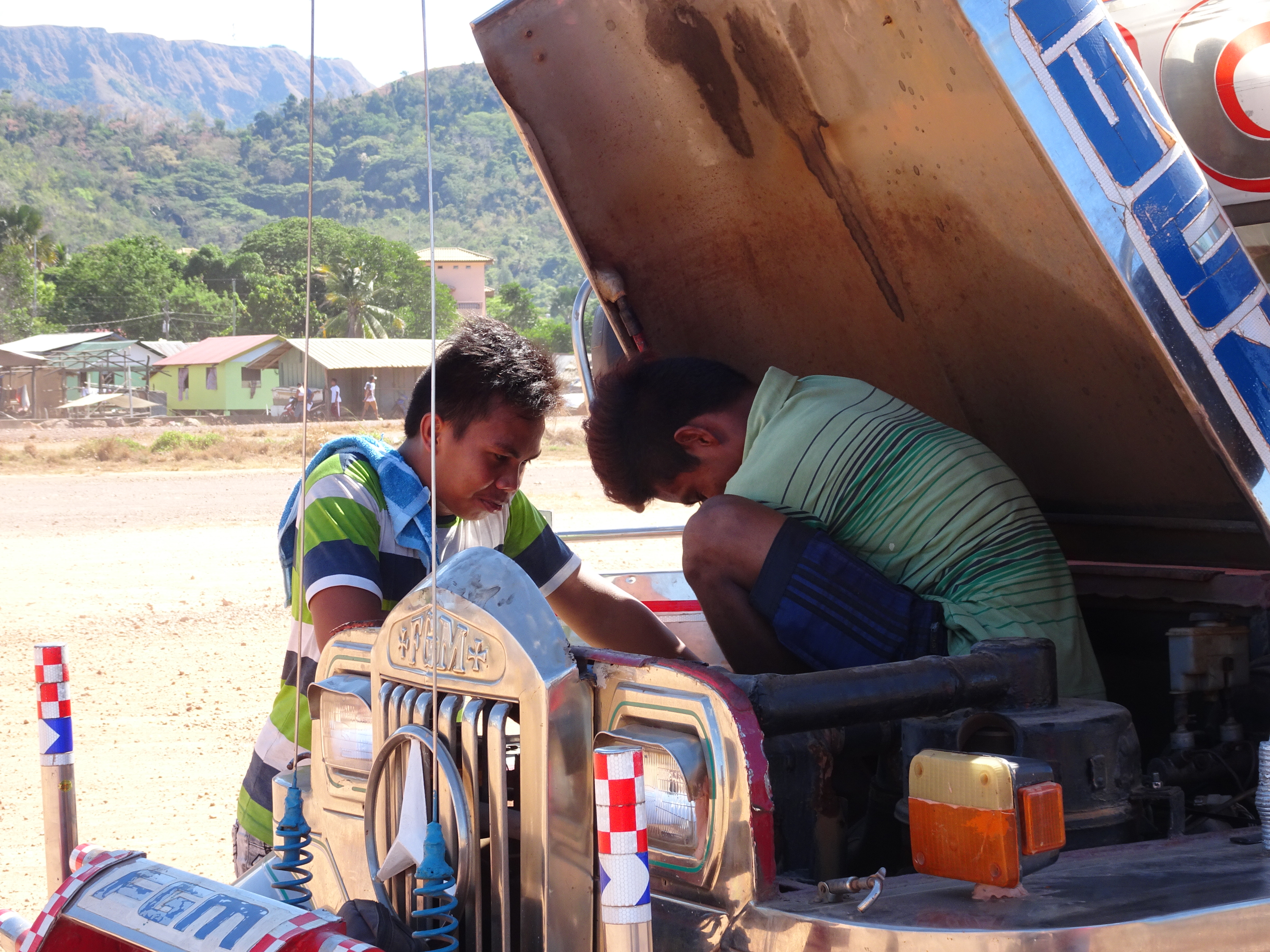How to find your way in the humanitarian shelter sector?

You are definitely not the first to ask this question. Colleagues, students and recently graduated often contact me because they would like to work for "some NGO" or do "something with shelter". Many organizations are often enthusiast to help you further if you are really interested. However, I often see it turns out to be a waste of their time because you maybe did not think things through.
The main problem is often that your question is still too broad. This makes it difficult to help you find your way and connect you to the right organizations in my personal network. I generally ask many questions to find out what you really want to contribute or learn. It is essential that you have answer to those questions so that humanitarian organizations are able to consider you for a certain tasks, or positions.
Try to answer some of these questions for yourself:
- Do you consider yourself flexible and adaptable to a totally different context and sometimes very uncomfortable situation?
- Where do you want to work abroad? In which continent or which country? If you want to stay at home, how will you make sure you understand what you are talking about?
- What is your ambition? For how long do you plan to work or study in the shelter sector? Do you consider it a once in a lifetime experience or do you plan to develop yourself in this field?
- Is it only for a short internship or for a graduation? Could you combine the two and spend more time, deepen your work and make your contribution more valuable?
- What would you be able to contribute? What skills do you have? Can you picture a possible added valued? Or do you have supervisors that can ensure the added value of your work? How will you make sure that the effort that an organization will invest in you pays off? Do you need a lot of introduction before you can contribute to deliverables?
- Can you bring an interesting perspective to the work of an organization such as structural engineering, construction management, sociology, architecture, civil engineering, information management, data science, innovation science or something completely different?
- Are you interested in the emergency phase, the recovery phase or development phase?
- Are you interested in training and communication strategies, capacity building, improving material strength, experimenting with alternative materials, increasing structural safety, developing and optimizing emergency shelters, pre-casting of disasters, prevention measures, risk assessment, collaboration mechanisms, preserving cultural heritage, .....?
If you don't know the answers, start with some research. I recommend you to start here:
- Attend a shelter conference such as the UK Shelter Forum twice per year or attend lectures at universities that have your interest. It is a good place to meet people that work in the field and the presentation will give you a better understanding of what you would like to do and who inspires you. You can also attend the Shelter Meeting online. It gives you a good idea of relevant topics and mostly help is requested from the participants, so this gives you an idea of what topic you could work on together with some of these organizations as a volunteer or for a thesis project.
- Academic literature is not always the easiest way to get started. It is always good to see some examples of others. I can recommend you to read some thesis projects of my students and speak with them. Most of the projects have been confidential but you can always get access via email. Examples are self-reliance of communities in Malaysia (Bart van Jole), an imaginary refugee city in the Mediterranean sea (Edwin Vermeer, Stella Brugman), social networks in the reconstruction in Nepal (Benjamin Schep), self-recovery in the Philippines (Erika Palmieri), the optimization of and emergency water tower (Tom Verputten), motivations during reconstruction in Nepal (Gijs van Duren). In most academic libraries you can find good examples. You can see that the scope of projects is very broad. If you find any thesis that you like, contact these students for a coffee to find out more.
- The Humanitarian library is a large database with important documents related to shelter managed by the Shelter Centre. You can narrow down you search by selecting types of disasters, country, type of document, organization and language. Save those documents that have your interest and try to define what they have in common.
- Follow as many Facebook pages related to shelter and automatically become up-to-date on the latest developments and insights. I recommend to join for example the group Humanitarian Shelter and Disaster & Development Research Group - University of Newcastle, Australia. Some other Master Degrees are interesting to follow too such as the Master of Disaster Design and Development or Sustainable Emergency Architecture. Some organizations give you a broad overview of topics; UNISDR, UNDP, Humanitarian Practice Network. There are many more from all kinds or organizations.
- Personally, I do not actively use LinkedIn or Twitter, but humanitarian organizations share updates frequently. I follow some leading researchers that actively share research gaps, new reports and insights. I enjoy the updates from David Sanderson, Gonzalo Lizarralde, Ilan Kelman, Ksenia Chmutina, Thea Hilhorst, Jason von Mending, Lee Bosher, David Satherthwait.
- Subscribe to newsletters of institutions that help you gain access to the latest information. I would suggest subscribing for example to the newsletters of Shelter Projects, CENDEP, UCL Disaster Risk Reduction, Shelter Centre, UK Shelter Forum. These give you an overview. However also aim for more specific information about what has your interest!
- An easy way to work in this sectors to respond to assignments that are already prepared for students or young professionals. I frequently share information related disaster resilience, migration and climate change for my bachelor students on Disruptive Events and for my thesis students architecture and humanitarian shelter on BorderlessEngineering. Technology for Global Development and TGD Solutions from the Eindhoven University of Technology, Engineers Without Borders, and Students for Sustainability, all shares updates, events and projects.
- Deepen your knowledge by attending online seminars. There are some great courses offered by Kaya or by Cologne University of Applied Science, Ecole Polytechnique Fédérale de Lausanne.
- Study the terminology in the field so that you understand the discussions that are going on and the documentation you find. You have to have some understanding about the different shelter phases after a natural disaster and the different shelter types people refer to, such as emergency shelter, transitional shelter, core housing, community shelter. Become aware of self-recovery, technical assistance, cash and voucher assistance. Learn the most used abbreviations, such as WASH (Water, Sanitation and Health), NFI (Non Food Items), TA (Technical Assistance), IDP (Internally Displaced Populations).
- If you have narrowed down your scope, ask for a coffee meeting with an expert. As long as you know what you want and come prepared, experts are often willing to help you find your way.
Some partners are always open to collaborate with you:
- If you are interested improve the communication of key-messages to Build Back Safer housing after a disaster triggered by a natural hazard, contact me. I currently welcome thesis students that are interested to analyze mechanisms to enable or inhibit knowledge adoption. I have and extensive dataset that could be analyzed from the Philippines and Nepal, including focus group discussions, key-stakeholder interviews, structural assessments of housing, household interviews. Data is already prepared for regression analysis. I am also open to collaborate with students from other universities in their master thesis.
- If you are interested in the GIS risk mapping in the Philippines, or prioritisation of key-construction messages to build back safer, and field work, contact Aaron Opdyke from the Humanitarian Frontiers Lab from Sydney University. He sometimes has funding to cover for the field research and is a great person to work with and excellent tutor.
- Cordaid based in the Netherlands, always has challenging assignment and projects for students to work on. Most recent assignments explored risks, tools and approaches for cash and voucher assistance and sustainability of aid approaches. The critically challenge their own ideas and approaches and welcome analytical thinkers. You can contact Inge Leuverink or Marten Treffers.
- If you want to be part of an innovative team that supports reconstruction and temporary shelter contact the Shelter and Settlements team of CRS, Seki Hirano or Jamie Richardson.
- If you are interested to work in community based assistance in Lombok (Indonesia) contact Stichting Vlok. The communities that they assist have problems with water supply, earthquakes and landslides. The foundation is really open to consider your ideas and apply them in practice. They are always looking for volunteer project engineers that want to be stationed in Lombok for a couple of months.
- If you would like to construct wooden and bamboo houses with indigenous populations in Malaysia with the University of Malaysia contact WanSrihani WanMohamed via Facebook. One of my thesis students studied how participation of the indigenous communities could be enhanced and received excellent guidance!
- If you are interested in assisting communities to build back better with local materials contact Olivier Moles from Craterre.
- If you want to organize discussions and research around important shelter trends and developments contact the Shelter Centre.
- If you are interested to improve the material quality of low-tech earthquake resistant techniques select an assignment on Smart Shelter Research and contact Martijn Schildkamp.
- If you are interested in knowledge management in the disaster response phase contact Kenny Meesters of Delft University.
- If you would like to work in the development of sustainable rural housing in Kenya contact Michiel Smits of Delft University.
- If you are interested in mapping disaster risks prior and immediately after a disaster, contact 510 Global. They search for data scientists and welcome people with GIS experience.
I hope that this overview has helped you to get started! Did I forget something? Please let me know! I hope to meet you in person some day. Good luck!



